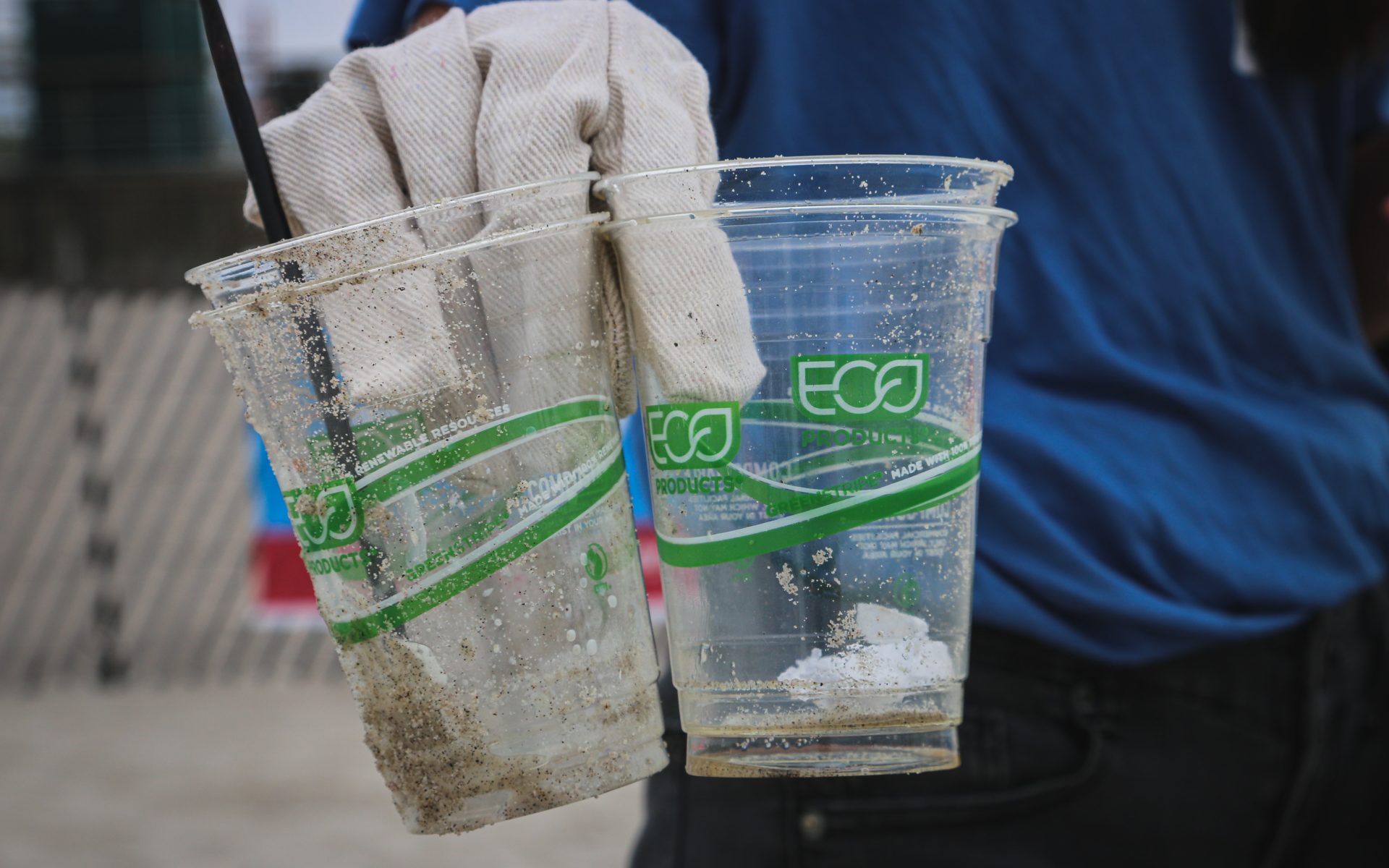General
Greenwashing to goodwill: how to communicate sustainability

Whether it’s President Biden’s gas-guzzling motorcade or the fleet of private jets taking off from Glasgow, the word of the moment is ‘greenwashing’. But just what is greenwashing?
The term ‘greenwashing’ was first coined by New York environmentalist Jay Westerveld in a 1986 essay about the hotel industry’s practice of placing notices in bedrooms promoting reuse of towels to ‘save the environment’ – a move motivated only by the potential savings on washing costs, made apparent by the lack of action from hotels on other unsustainable practices, such as single-use plastic items and huge levels of food waste.
Today, the term ‘greenwashing’ usually refers to companies’ misleading or hollow adoption of eco-friendly rhetoric to appeal to growing consumer sentiment around environmental issues. The tactic obfuscates corporate inaction on sustainability, and in fact often leads to greater reputational damage once consumers – as they always do – reveal the empty promises for what they are.
So what are the most sustainable companies doing to avoid the potential backlash and paint a fair and balanced picture of their sustainability efforts? Here are our three key observations for improving your sustainability communications:
Building trust takes work. With a high degree of consumer scepticism towards real action from corporates on sustainability, building trust and authenticity is the holy grail of sustainable communications. In practice, this is straightforward: be honest and transparent about your progress, set ambitious but achievable targets, and demonstrate accountability when things don’t go to plan. However, authenticity is important in how you communicate as well as what you communicate. As mentioned above, consumers will always sniff out efforts to cover up or paper over the cracks. Building trust means celebrating the successes but owning the mistakes too.
Look within your reach. No single organisation can tackle the countless sustainability challenges alone, and consumers won’t believe you if you say you can. Instead, think about what motivates your company. Resist the temptation to launch a groundbreaking save-the-world campaign and focus on the issues closest to you and your stakeholders. What can you have an impact on right now? What are your customers, employees, or suppliers most concerned about? Tackle what’s close to home first and set the foundations for greater action in the future.
Engaging your audience. Crucial to sustainability communications is opening a dialogue around the issues. As well as better informing all parties on the range of viewpoints, by engaging your audience in a genuine dialogue, they can tell your authentic corporate story for you. Connect with your audience and you can learn just as much from them as you hope they do from you.
As the sustainability agenda progresses, scrutiny over companies’ actions and words will only increase. In an environment where inaction can be just as reputationally damaging as the wrong action, it’s more important than ever to build trust with your stakeholders before it’s too late.
Looking to improve your organisation’s communication on climate and sustainability issues across reporting, brand and digital? Or, perhaps you need advice and guidance on the latest regulations or frameworks? Please contact: will@gather.london